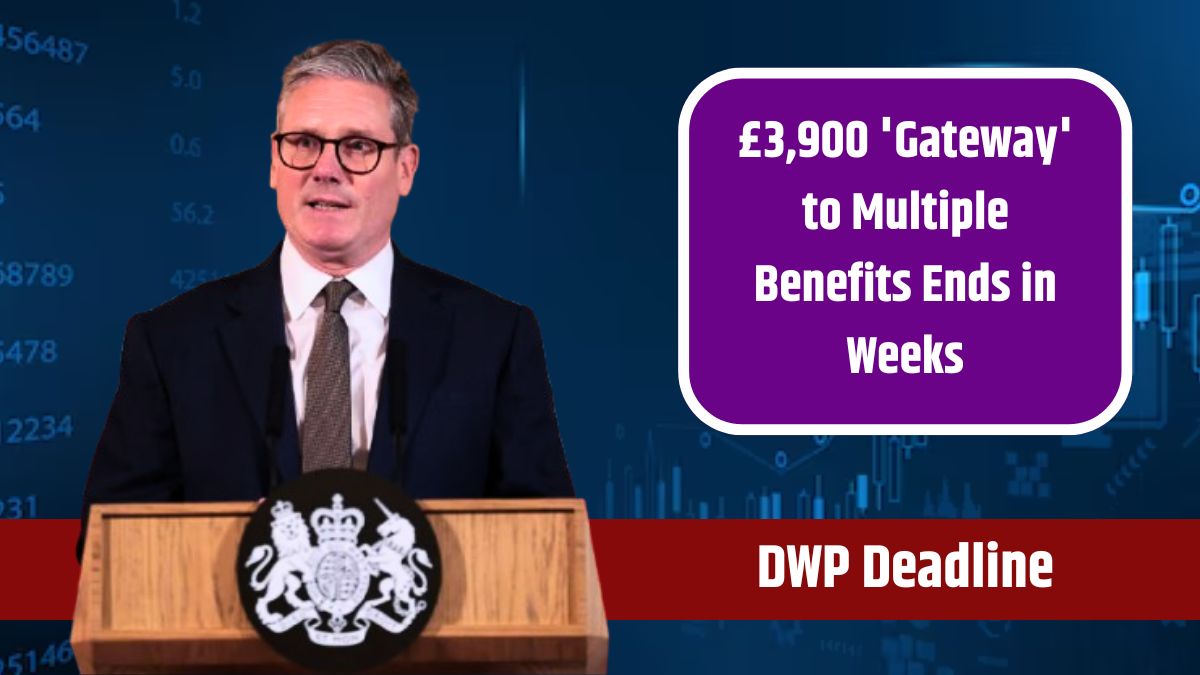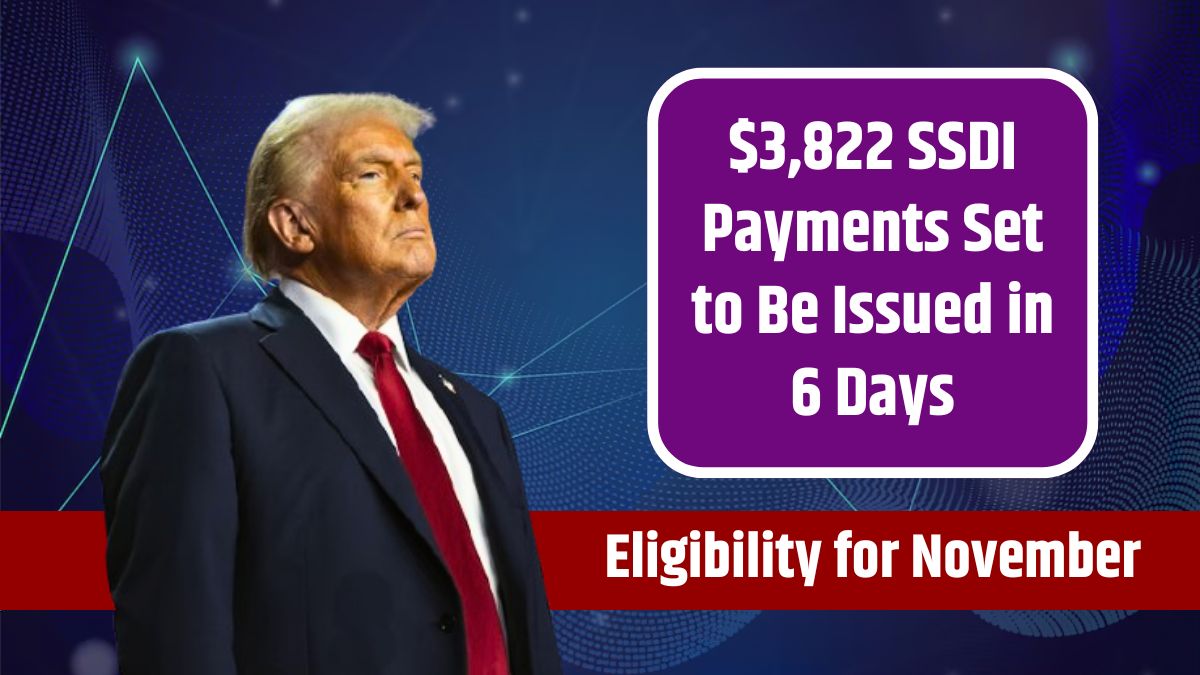Public service workers across the United States are set to benefit from a significant change in Social Security benefits. The House of Representatives recently passed the Social Security Fairness Act, also known as House Resolution 82, by a wide bipartisan margin of 327-76. This bill aims to eliminate longstanding provisions that have restricted Social Security payments for certain government employees, including teachers, police officers, and firefighters.
Social Security Fairness Act
The Social Security Fairness Act, introduced by Reps. Garret Graves (R-Louisiana) and Abigail Spanberger (D-Virginia), focuses on repealing two controversial provisions:
- The Windfall Elimination Provision (WEP): Reduces Social Security benefits for those who also receive a public pension from jobs not covered by Social Security.
- The Government Pension Offset (GPO): Reduces spousal or survivor Social Security benefits by two-thirds of the worker’s government pension.
These provisions have long been criticized for unfairly penalizing public service workers, leaving an estimated 2.8 million people with reduced benefits despite contributing to Social Security through other jobs.
Benefits Public Workers
The repeal of the WEP and GPO provisions will enable public service workers to claim the full Social Security benefits they’ve earned. This change particularly benefits:
- Teachers, police officers, and firefighters who worked additional jobs covered by Social Security.
- Spouses, widows, and widowers previously denied spousal benefits because of a public service pension.
In a joint statement, Graves and Spanberger emphasized the fairness of the act, highlighting that these individuals often worked second jobs or pursued post-retirement careers to make ends meet. The bill is a recognition of their service and the financial struggles many of them face.
Opposition and Concerns
While the bill garnered widespread support, it has also faced criticism, primarily from conservative groups like The Club for Growth. The organization argued that repealing the WEP and GPO could harm Social Security’s financial stability.
According to their statement:
“These two provisions are meant to preserve the integrity of the Social Security system … ensuring that individuals and their spouses who worked in jobs that did not contribute to the Old Age and Survivor’s Insurance Trust Fund do not threaten the solvency of Social Security.”
The Congressional Budget Office (CBO) projects that repealing these provisions would add $195.6 billion to the federal deficit over the next decade. Critics argue this increase could strain Social Security’s resources further.
Repeal Matters Now
Proponents of the bill highlight the changing financial landscape for public service workers. In the past, robust pension systems justified the WEP and GPO provisions, as they prevented “double-dipping.” However, with rising costs of living and diminished pension benefits, many workers have been forced to take on additional jobs.
Allowing these workers to receive the benefits they’ve earned from their Social Security contributions reflects the realities of modern financial challenges and provides a measure of fairness for those who’ve dedicated their lives to public service.
Next Steps
The bill must now pass the Senate and be signed by the President to become law. If approved, it could mark a transformative change for millions of public service workers, granting them financial stability in their retirement years.
The debate over this legislation underscores broader concerns about the solvency of Social Security and the fairness of its distribution. For now, the House’s overwhelming support signals a strong push toward addressing these long-standing inequalities.
FAQs
What is the Social Security Fairness Act?
A bill to repeal the WEP and GPO provisions for public service workers.
Who benefits from this bill?
Teachers, police officers, firefighters, and spouses of public workers.
Why are the WEP and GPO provisions controversial?
They reduce Social Security benefits for public workers with pensions.
How much could the bill cost?
The CBO estimates a $195.6 billion deficit increase over 10 years.
What happens next?
The Senate must approve the bill before it becomes law.
















